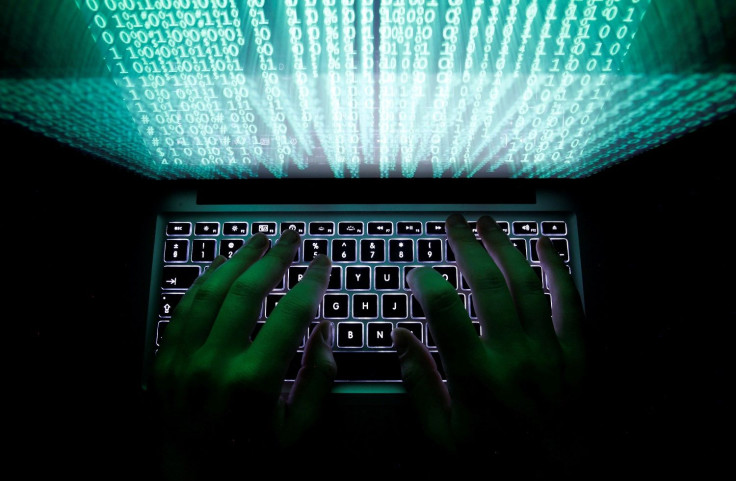UK amps up national cyber security measures to fight off persistent attackers

The UK will boost its cyber defence measures and turn the tables on hackers should they attempt to threaten national cyber security, according to Chancellor Philip Hammond.
Hammond announced that the new national cyber security strategy will be pushed through with the help of the £1.9 billion (AU$3 billion) financing from the 2015 Defence and Security Review. The new security measures shall cover a four-year period starting this year.
“Britain is already an acknowledged global leader in cyber security thanks to our investment of over £860 million (AU$ 1.37 billion) in the last parliament, but we must now keep up with the scale and pace of threats we face,” said Hammond.
The scope of the strategy will encompass the following areas: defence, deter and develop. “Defence” will cover protection via automated means of national framework that includes energy, transport and government websites. “Deter” will use up a large amount of the funded money to fight off those who threaten Britain in cyberspace and “relentlessly” pursue any persistent attackers. “Develop” will involve cultivating skills of students, apprentices and researchers while also developing new cyber security advancements.
Alan Woodward, a University of Surrey computer security specialist, hopes that the new measures will be able to fight off attacks that result in large-scale financial loss. “I hope the £1.9 billion (AU$3 billion) will be spent in growing talent,” he said. “The governments talk about 50 recruits here and 50 there. I'm afraid we need many more.”
Defence Minister Michael Fallon has confirmed that the UK has been utilising cyber ammunitions versus Islamic State in the war for Mosul. The new cyber safety measures, though, shall be much better and will allow UK to pursue and strike back against cyber offenders.
There have been a number of prominent cyber attacks these last few months, including that of the Democratic National Committee and the World Anti-Doping Agency, which US authorities blame on Russia. The attack that brought down the French television station TV5MONDE has also been linked to a Russian organisation. Last year, the National Security Strategy of the UK classified cyber security as an utmost national risk with a “Tier 1” category along with global instability and terrorism.




















